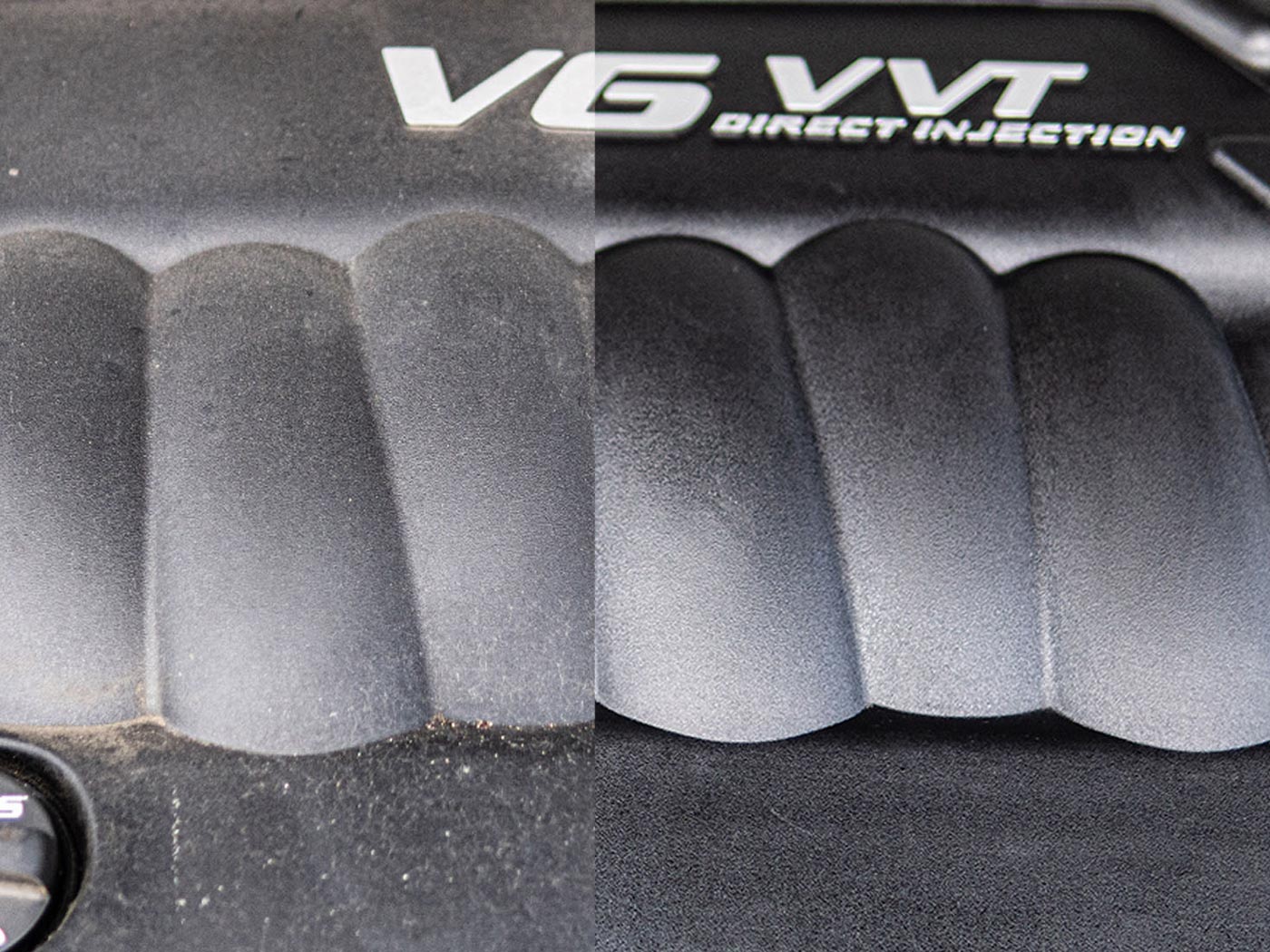The Engine Detailing Debate: Is It Worth It?
In the world of car care, enthusiasts and experts alike often debate the benefits of detailing a car engine. Some swear by the benefits, arguing that a clean engine not only looks better but also runs smoother and cooler. Others remain skeptical, questioning whether the effort is truly necessary for maintaining a vehicle's performance. So, is detailing a car engine good or bad? Let's delve into the discussion and uncover the truth behind the shine.
The Good: Aesthetics and Maintenance Benefits
Detailing the engine bay undeniably enhances the visual appeal of a vehicle. A clean engine compartment makes a used car appear newer and better maintained, boosting its overall curb appeal, or customer appeal for detailers. Moreover, a sparkling engine can facilitate the identification of oil leaks or other mechanical issues, allowing for timely repairs and potentially preventing more significant problems down the road.
Additionally, cleaning the engine bay can help prolong the lifespan of various components. By removing accumulated dirt, grease, and grime, detailing prevents premature wear on rubber hoses and plastic parts. This proactive approach to maintenance can save car owners from costly repairs in the long run and ensures that the engine continues to operate efficiently.
Furthermore, for DIY enthusiasts or those who prefer to handle minor maintenance tasks themselves, a clean engine makes the job easier and less messy. Checking oil levels or inspecting accessory belts becomes a more pleasant experience when hands and clothes remain free from grease and grime.
The Bad: Potential Risks and Misconceptions
Despite the apparent benefits, some argue that the risks associated with engine detailing outweigh the rewards. Concerns often revolve around the possibility of causing damage to sensitive components, such as electrical connections, when using high-pressure water or steam. Improper cleaning techniques or harsh chemicals may also lead to unintended consequences, compromising the engine's integrity instead of enhancing it.
Moreover, skeptics question whether the cosmetic improvements justify the time and effort invested in engine detailing. While a clean engine bay may impress potential buyers and contribute to a vehicle's resale value, there's little evidence to suggest that it significantly improves engine performance. In most cases, issues related to engine overheating or mechanical malfunctions are more likely attributable to factors unrelated to cleanliness, such as cooling system problems or excessive weight.
The Verdict: Finding a Balanced Approach
So, where does the truth lie in the engine detailing debate? Ultimately, the answer depends on individual preferences and priorities. For those who value aesthetics and meticulous maintenance, detailing the engine can be a worthwhile endeavor. It not only enhances the appearance of the vehicle but also provides peace of mind knowing that potential issues are promptly addressed.
However, it's essential to approach engine detailing with caution and precision. Using gentle cleaning methods and suitable products is crucial to avoid causing harm to delicate components. When in doubt, seeking professional assistance from experienced detailers or mechanics ensures that the process is carried out safely and effectively.
In conclusion, while detailing a car engine offers various benefits, including improved aesthetics and maintenance, it's essential to weigh the potential risks and rewards carefully. By adopting a balanced approach and prioritizing proper care and maintenance, car owners can enjoy the best of both worlds – a clean engine that looks great and performs optimally for years to come.





